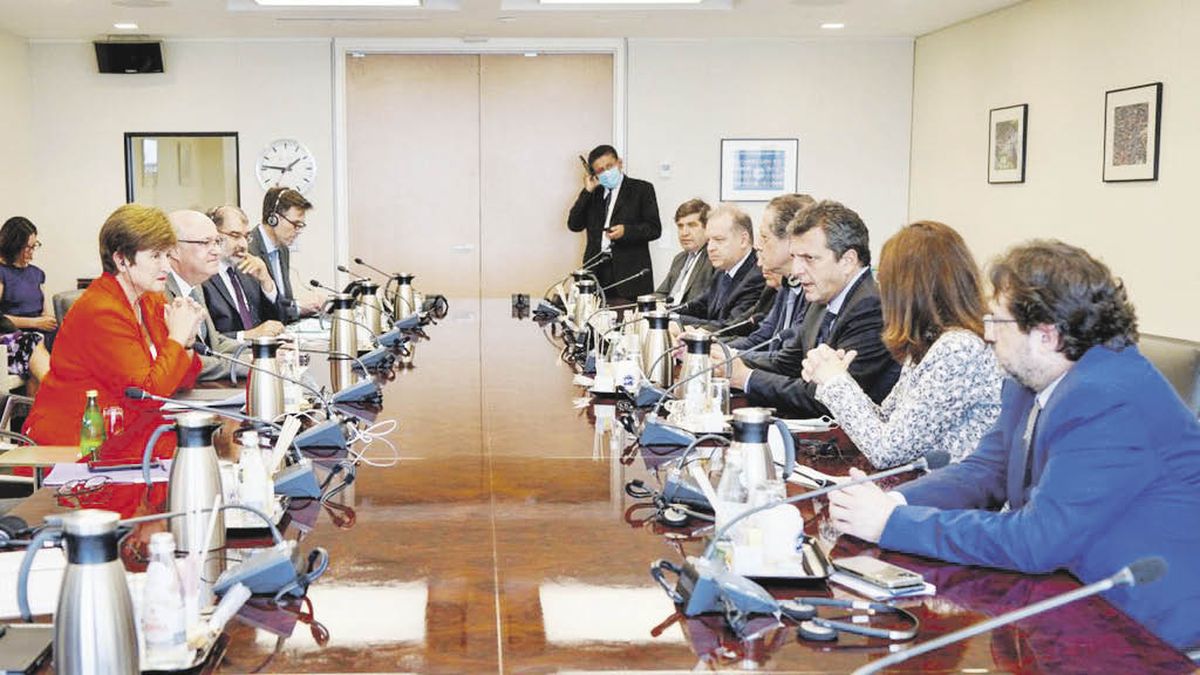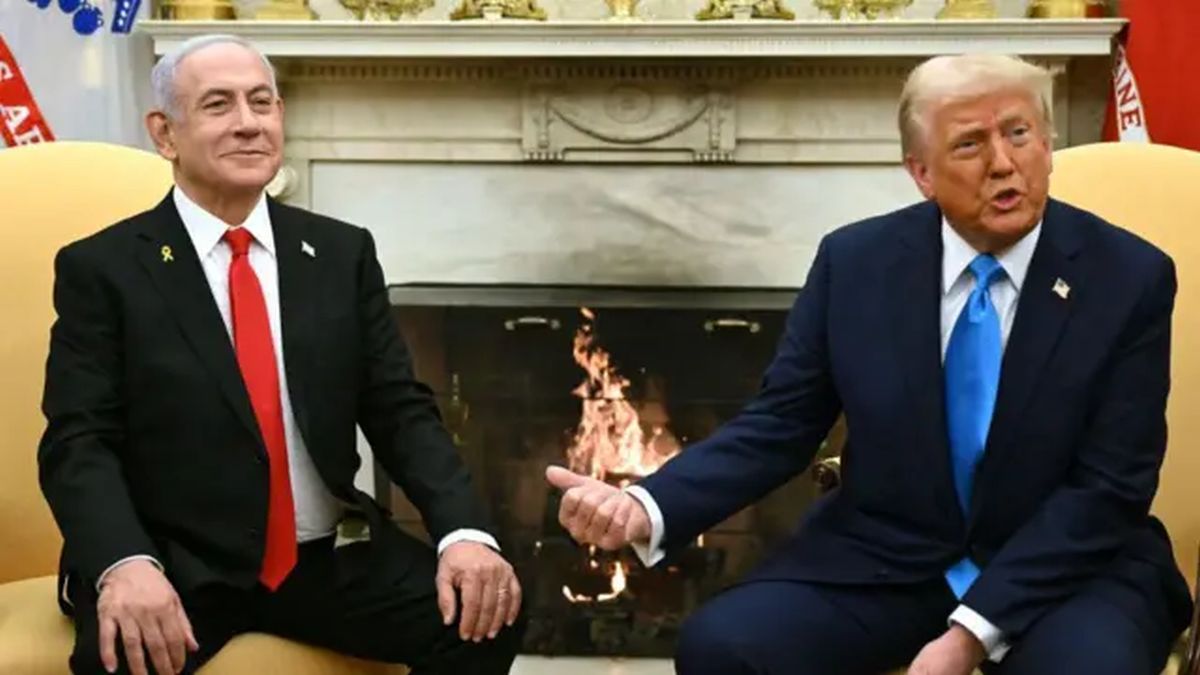The projections made by the IMF technicians, like what Economy Minister Sergio Massa leaves in writing, coincide in a “gradual” drop in inflation going forward. In addition, the IMF winks at Massa: in the analysis he assured that he took office at a time of “markedly” higher inflation, as it was in July. “Massa and his team have begun to restore confidence and stability to the market, although the situation remains extremely fragile given low reserves and inflation at worrying levels,” the staff described.
How to lower inflation
With the departure of Martín Guzmán from the Ministry of Economy, the IMF abandoned the thesis that inflation in Argentina is multi-causal. The word “multi-pronged”, in reference to the multi-causality, so repeated in previous reports, disappeared, where even the Care Prices program was even mentioned. In this case, the Fund returned to the 2019 guidelines and assured that the keys to lowering inflation will be monetary and fiscal policy.
This was mentioned by Georgieva in her message: “The continued implementation of the monetary policy framework is essential to maintain positive real interest rates and address persistently high inflation.” Along the same lines, in the policy recommendations, the staff added that it is necessary to “increase the demand for assets in pesos and reduce dependence on financing from the Central Bank”.
In addition, the IMF added two recommendations: it called for a “tight fiscal policy to moderate demand, and anchor inflation expectations” and added that “firm implementation of policies is necessary to moderate domestic demand to support the gradual reduction of the high inflation”.
On the other hand, the Ministry of Economy records in the document that the measures taken to lower inflation were: a “consistent” implementation of monetary policy, with a positive interest rate, that since the end of July climbed 2300 pointsa “prudent” fiscal policy, which even lowered the dependence on monetary financing “below the original goal”, which was 1% of GDP.
The Government assured that the inflationary pressure is beginning to “moderate”, although it is still high, due to the impact of the rise in international prices of energy and food. Going forward, he expects a “gradual decline”, due to a combination of a more “stricter” fiscal policy, positive interest rates, rebuilding of reserves, lower commodity prices and adds another factor that had been left out of the analysis: “An improvement in the coordination of prices and wages”.
IMF doubts
The IMF flatters Massa by assuring that “decisive steps” were taken to bring the interest rate to “positive ground” for the first time. However, after agreeing on the government’s diagnosis, he highlighted the risks: “That said, significant upside risks remain, reflecting the unusual challenges of high inertia, and unanchored expectations, as well as the impact of policies aimed at correcting relative price misalignments (eg energy), and supporting the exchange rate competitiveness.
In addition, he added the lower demand for money, and added the political issue: “Despite decisive actions by the economic team, policy implementation risks remain elevated and are likely to rise further as the presidential election approaches. Even with a tightening of macroeconomic policies, rebuilding credibility and Reducing inflation will be a challenge, given persistent doubts about differences over the direction of economic policies within the ruling coalition.
Source: Ambito
David William is a talented author who has made a name for himself in the world of writing. He is a professional author who writes on a wide range of topics, from general interest to opinion news. David is currently working as a writer at 24 hours worlds where he brings his unique perspective and in-depth research to his articles, making them both informative and engaging.




